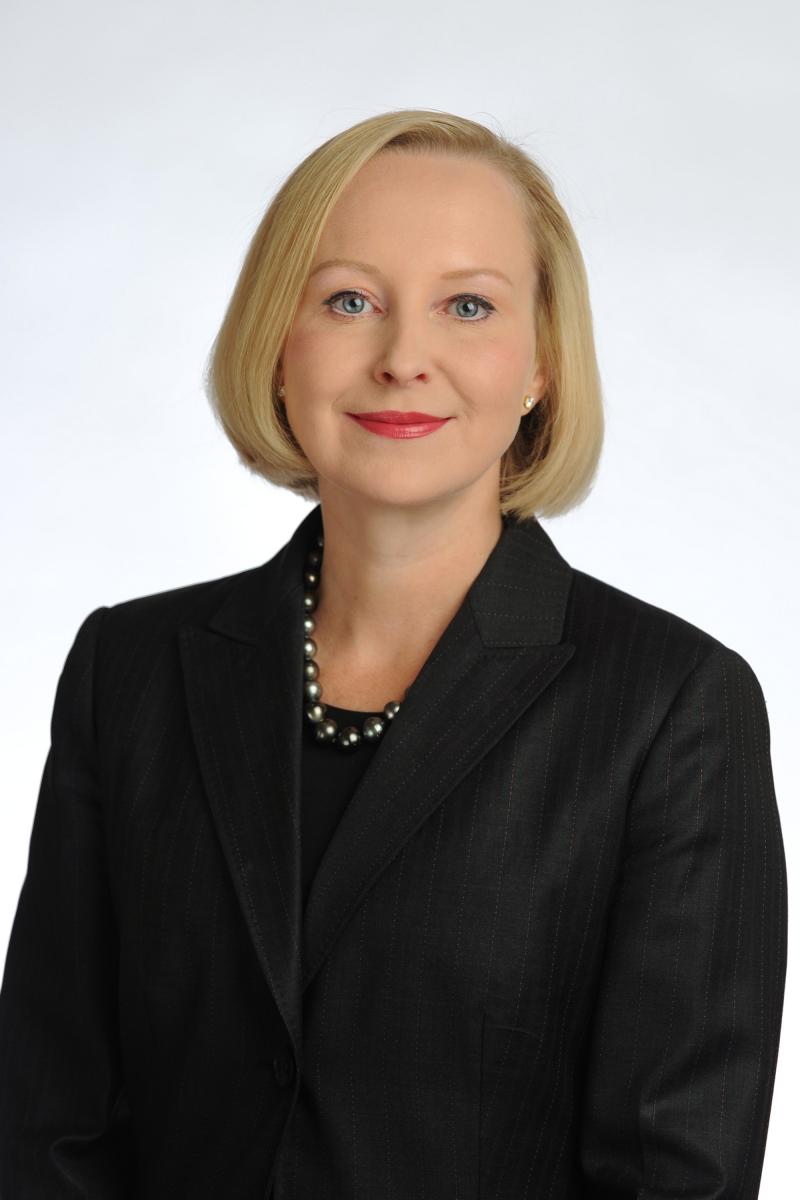How wealth managers are responding to digital native next gens

At a time when the world is gearing up for the largest wealth transfer in history and entrepreneurial teenagers are making millions from their basements, wealth managers and family offices are seeking ways to serve an increasingly youthful client base.
The dynamic change has brought with it a greater focus on technology. A tech-savvy generation are open to wealth management services that don't require face-to-face interaction and prefer to manage their investments through user-friendly financial software.
Accelerating the challenge to traditional wealth management service providers are technology giants like Facebook and Google, who have already entered the financial services arena with online payment facilities. It could only be a matter of time before they branch out into the realms of asset management, a process already underway in China, so wealth managers must get to know their clients or risk falling by the wayside.
 “The thing that strikes me about our clients is that they are a very global generation,” says Eva Lindholm (pictured, right), head of ultra-high net worth services for UBS Europe, whose clients typically have at least $55 million in invested assets.
“The thing that strikes me about our clients is that they are a very global generation,” says Eva Lindholm (pictured, right), head of ultra-high net worth services for UBS Europe, whose clients typically have at least $55 million in invested assets.
“These are often young people who have been educated abroad, so straight away this generation has a global network that the last generation didn't. When we talk about the investment environment, the fear of the unfamiliar is reduced and they are already thinking about international opportunities.”
Plugged in
Technology is not only making it easier for the younger generation to keep up with their investments, it means they are far less likely to trust in the word of a wealth manager, according to Lindholm.
“When my parents' generation went to the doctors, whatever the doctor said is what you did. Now, this generation goes to the doctors and will have researched their illness on the web and will come to the meeting with views and questions,” she says, adding: “The professional cadre is not treated as an oracle anymore, it's a further source of information for the younger generation.”
This mentality has changed the way some wealth managers go about their business, according to the World Economic Forum. Their 2014 report, The Future of Financial Services, highlights two key forces in play in wealth managers that are succeeding today: automation and client empowerment.
According to the report, technological automation allows wealth managers to automate certain services and take on clients they would otherwise have been forced to overlook. Empowerment, on the other hand, refers to the empowerment of clients through digital applications, which provide clients with a better picture of their portfolios. Lindholm says the more UBS can offer digital products the more likely they are to secure new clients.
Inherited vs. entrepreneurial wealth
But what is the difference between clients that have inherited wealth versus those that have earned it? According to Lindholm, not a great deal.
“Those who are successful at deploying what they inherit exhibit a lot of the same traits as those who are successful entrepreneurs,” Lindholm says, adding that it is difficult to compare unsuccessful entrepreneurs to the idle rich as you rarely hear about entrepreneurial failure.
“The real difference is that if you're inheriting, you're by definition a part of a family structure, and you will be operating in concert with that history. If you're an entrepreneur you're setting your own purpose and mission. You are less beholden to somebody else's legacy, even if it's the legacy of your own family.”
Simplicity of set up
Establishing a family office is no longer the endgame for wealthy individuals, according to Lindholm, who says that many of her younger clients wonder why they should set up a family office.
She added: “The family office is no longer a trophy asset. You have it because you really need it and if you need it you want it organised in the leanest, simplest, most efficient way.”
Campden Wealth's head of research Stuart Rutherford agrees with Lindholm, saying in last year's Global Family Office Report 2014 that investment strategy should drive how a family office is set up.
Looking forward
For too long technology has been considered a “back office” function in most wealth management firms, but it's now an important element. Lindholm says that the younger generation now expects web-based services to support face-to-face interactions and those wealth managers that fail to do so are going to experience restlessness among their clients.
“I'm not saying that there is no brand loyalty, I would say there is an openness to change. The next generation is very open to exploring the merits of a newcomer and they are not biased just because they are new. If you're not serving their actual needs, then you're just another name on a list.”






